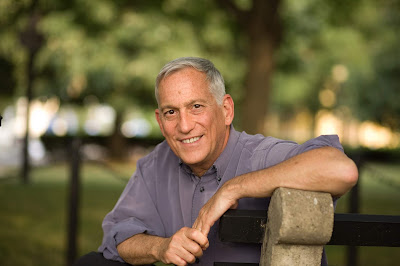I've been a fan of Michael Palin's for many years, not for Monty Python but his world-spanning travels.
Around the World in 80 Days captured my imagination and I was completely taken by this charming man. I have followed all his journeys, purchased every book and was gifted a beautiful collection of all his BBC trips.
I've known of his diaries for a while now, these have inspired me to write my own journal as a blog.
I downloaded a sample of his third volume, The Traveling Years, only to discover we are two weeks into the first journey on page one. I requested his second volume from my public library, Halfway to Hollywood, and began reading the final two years of it. I wanted to read about how the whole thing came about.
The life of an actor is a chaotic thing. It is filled with meetings, rehearsals, charity events, script writing, telephone calls and always there is the feeling that he had at least five projects on the go. It was fascinating and I was convinced I could never cope with that kind of life.
What I discovered about the 80 Days journey is that it came about just like everything else; a phone call followed by weeks of nothing, then a meeting followed again by weeks of nothing. All the while he continued to work on his various projects.
The diaries went to show how his life is just like anybody else's in that living is not a linear thing.
He had to deal with tragedy, confusion, frustration, worry, humour and professionalism.
This kind of raw presentation takes some getting used to. It's not a guided tour of one's life but more like being given a box of accumulated memories sorted in chronological order. It's up to the reader to connect the dots.
I may not have read most of the book but I can say that it was a wonderful experience to be allowed a glimpse into an interesting man's life.
It is not the kind of book you need to read all at once. You can put it down and come back to it when you want. It's okay, Michael understands and he'll wait for you. I kept it in sight and within easy reach because I found myself wanting to turn a few more pages pretty consistently.
 |
| Michael Palin |


















































